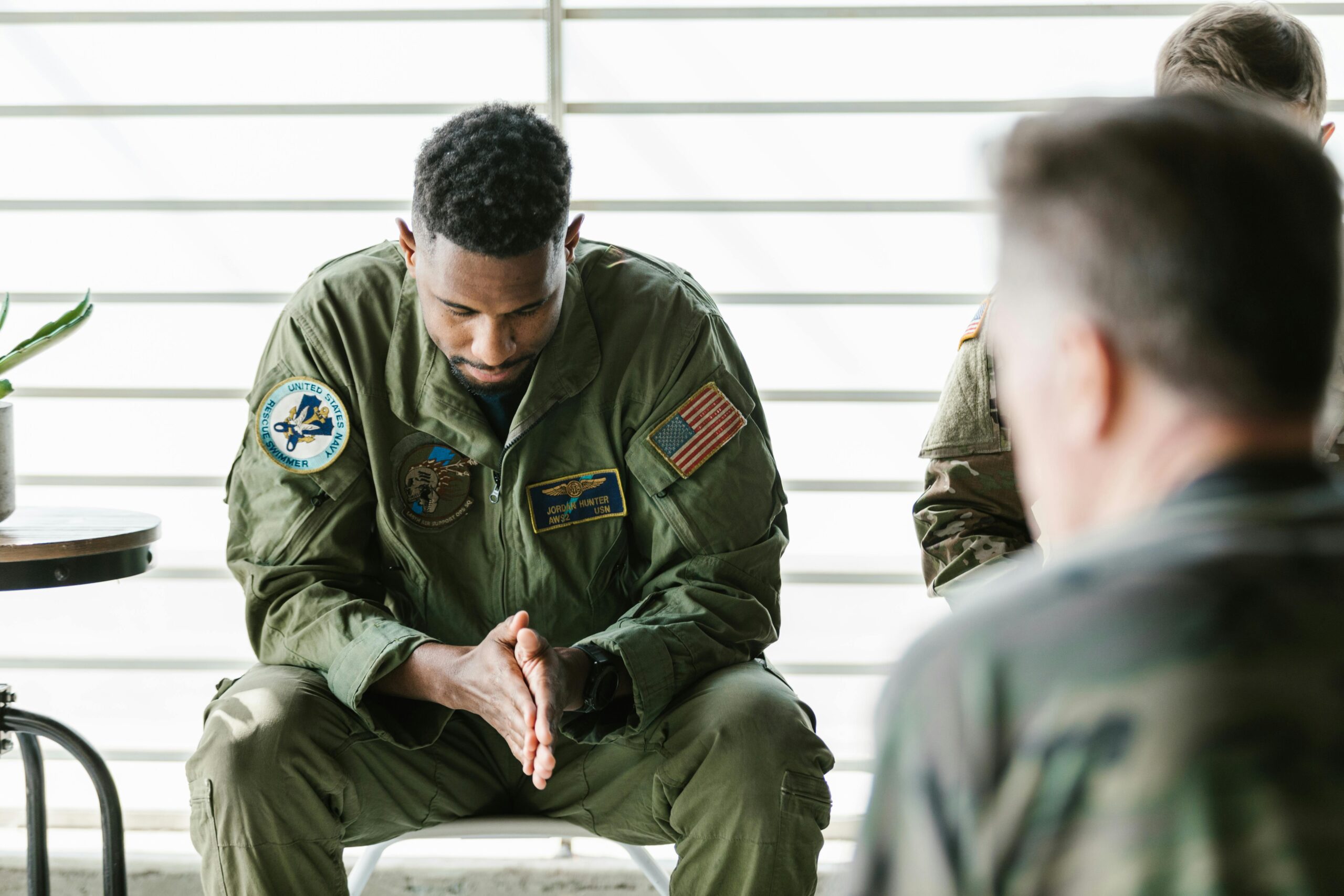The Need for More Advanced Training in SDA Medical Missionary Work, pt. 1
“The strength of an army is measured largely by the efficiency of the men in the ranks. A wise general instructs his officers to train every soldier for active service. He seeks to develop the highest efficiency on the part of all. If he were to depend on his officers alone, he could never expect to conduct a successful campaign. He counts on loyal and untiring service from every man in his army. The responsibility rests largely upon the men in the ranks” (Christian Service, 74).
These principles of military administration are well-established facts. However, Christians rarely consistently apply these principles to the organization of their missionary endeavors. And yet, this is how Jesus ran His campaigns when He was upon the earth. Christ had a mission: to make man whole—physically, mentally, spiritually, and socially whole. In all of His labors, He chose to perform His acts of healing not in isolation to, but in connection with the blessing of spiritual restoration, and He taught His early disciples, His officers, to do the same. When He dispatched the twelve on their first mission of mercy, He commissioned them ”to preach the kingdom of God, and to heal the sick” (Luke 9:2).
Today, Christ’s commission to every member of his army remains unchanged. As our wise General, He is still enlisting soldiers to labor in this way, according to His method, which alone will bring success in the work of reaching souls for the kingdom.
Understanding the Basis For Our Mission
In order to obey our General’s orders, we must first understand the basis of His mission and make it our own. Through His actions, Christ taught the biblical truth that the physical, mental, spiritual, and social facets of humanity are intimately connected (John 5:14-15, Psalm 103:2-3). Often in His earthly ministry, He used the physical body to gain access to the mind, the seat of mental and spiritual activity. Understanding the extensive effects that the physical, the mental, the spiritual, and the social have upon each other, Christ focused on the wholeness of man. He was never satisfied to merely relieve the physical symptoms of those who came to Him for aid. On the contrary, Christ healed their physical maladies when present, forgave their sins, and instructed them in a better way of living (Matthew 9:2-6, John 8:11). Engaging in acts of physical healing without in some way addressing His goal of spiritual restoration would not have fulfilled His ultimate purpose or mission.
Christ understood that relieving physical suffering and restoring a person to optimal physical health would inevitably lead to increased mental capacity, stronger reasoning capabilities, and, as a result, improved ability to discern the voice of God speaking to the soul and to understand personal duties in light of His sacrifice; Christ understood that addressing the physical needs was the first step in helping people become better prepared to choose to spend eternity with Him. In all of His labors, He sought to show God’s original plan for humanity—that we glorify Him in mind, body, and spirit (Romans 15:6; 1 Corinthians 6:20), and that we prosper and be in [physical, mental, and social] health, even [or just] as our [spiritual] souls prosper (3 John 2).
As soldiers in His army, Christ expects us to understand, accept, and embody the principles of His mission in our daily lives and work. Although He is no longer physically here with us on the earth, He desires to continue this work through the hands and feet of His enlisted soldiers.
Training Every Soldier for Active Service
Christ extends his invitation to every person who chooses to follow Him. He calls all of His followers to emulate His method of working: to relieve physical and mental suffering, to point those with whom we associate to the only One who can forgive their sins, and to give clear and concise instruction in right principles of living. This work is not limited to pastors alone, yet perpetuating this wrong idea has been and continues to be detrimental to our cause. The fact is that all are called to this work in one sense or another, although we are not all called to labor in the same capacity. Regardless of the capacity in which we are called to labor, we must each be adequately trained in order for us to efficiently fulfill our divinely-appointed roles.
In order to meet felt needs, we do not all need to be pastors, physicians, or social workers, but we should each have a foundational understanding of the structure and function of the bodies which our God has created, their basic needs, how they function in health and in disease, common causes of disease, and simple ways to prevent and reverse disease. We should also understand the foundational truths of the gospel and the plan of salvation, as well as be able to speak a scriptural word of hope and comfort to a soul in despair. Every soldier should especially be trained in the practical skill of seamlessly integrating the everlasting gospel with the ministry of healing.
This foundational training should be scientifically and biblically-sound, easily-accessible to soldiers worldwide, and affordable to individuals of all socioeconomic classes. The education provided should be customized to the specific needs of each region of the global field and faithful workers and leaders in each field should be afforded the opportunity to build on their knowledge and practical experience by securing further, more advanced training.
In part 2 of this article, we will discuss the more advanced training that we should provide in order to develop effective leaders in Christ’s cause.









One Comment